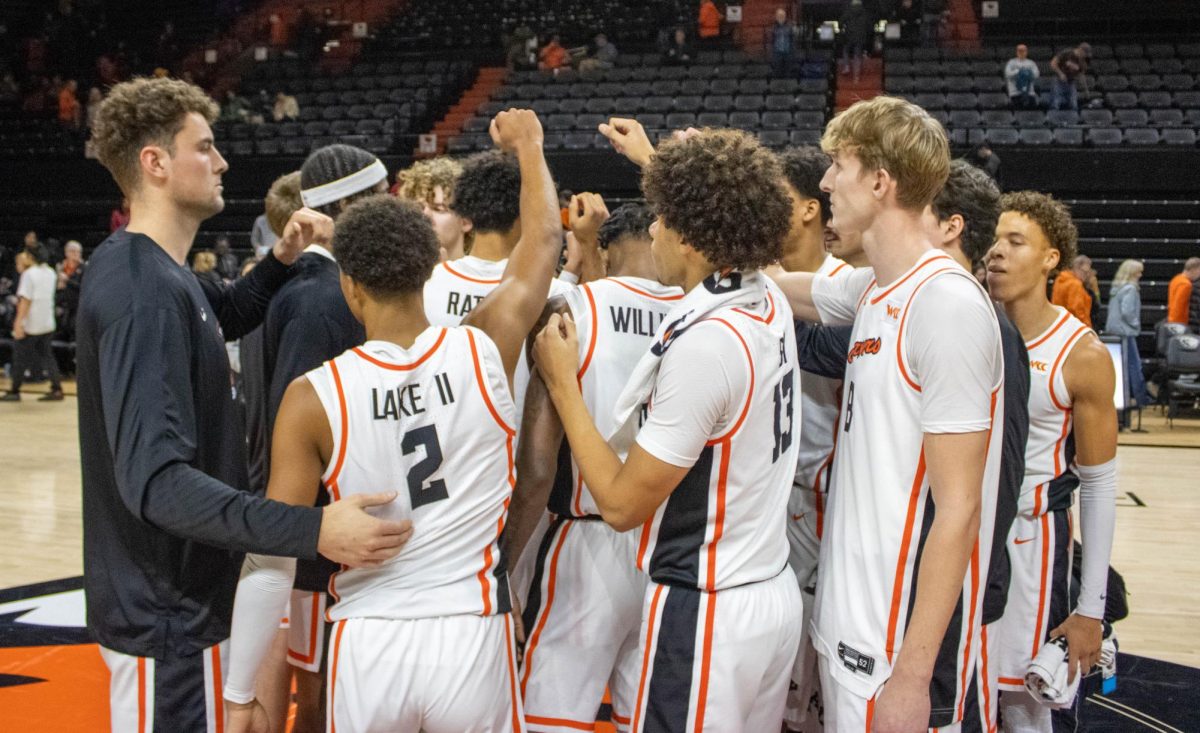African American Resistance in the Era of Donald Trump
February 6, 2018
Focusing on resistance and racism in modern society, the special topics sociology class “African American Resistance in the Era of Donald Trump,” aims to take a deeper look into the narrative of African Americans in the United States. According to Dwaine Plaza, Associate Dean of the College of Liberal Arts, the class arose based on the prediction that Trump’s presidency would change the landscape of resistance. The course aims to provide students with varied narratives to build a complete history of the resistance of African Americans.
“What we do in the class is we try to give historical themes to how African Americans have resisted,” Plaza said “If you go back historically you’ll realize that African Americans have been resisting since the time they were dragged from the shores of Africa, all the way to the United States and they continue to resist today.”
Plaza said that it is important for all students to have access to a class that teaches the history from the perspective of the oppressed.
“Unfortunately, in the high school and primary school system there has been a desire to wash out history, not teach history in other words, the history from the perspective of the oppressed. Much of our history if you think about this, is the history of the powerful and the winners,” Plaza said.
Each week the class features a guest speaker that cover topics such as African Americans in politics, art, pop culture, and sports to highlight different forms resistance can take. In last week’s class, Professor Julia Bradshaw from theSchool of Arts and Communication walked the class through the history of how African Americans were represented in art. Oftentimes African Americans were pictured as savage or inhumane.
Bradshaw used art to show how the image of African Americans has changed throughout history, and how African American artists have used their art as a form of resistance. Although the representation of American Americans in art has come a long way, according to Bradshaw, African American artists still face obstacles today. One issue that Bradshaw commented on are segregated art shows that only feature African American art during Black History Month.
Plaza stated that resistance is common now in the form of social media which allows greater communication and through groups uniting for a common cause. According to Plaza, people from different minority groups, and those outside of minority groups are joining together and it is no longer just the oppressed that are fighting back.This can be seen in the response that some of Trump’s recent political moves have garnered.
“It’s going to be a real struggle and fight. And they’re not gonna win. History is not going to be on their side” Plaza said.
The class was started by Dr. Dwaine Plaza, Professor of Sociology and Associate Dean of the College of Liberal Arts, Professor Larry Rodgers, and Professor Marilyn Stewart.












































































































